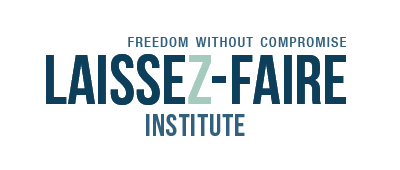The illegal immigrant weighs less than the regular immigrant on Social Security accounts, and he does not feed the arguments of those who base their xenophobia on the costs of foreigners on the resources and services of the "Club France", simply because he does not have the legal ID documents necessary for accessing most of the welfare state's benefits.
Faced with the issues raised by immigration and despite their ideological differences, the men of the state - those who are in power as well as those who wish they were - all agree unanimously on one point: we have to fight against illegal immigration. This struggle is the avowed priority of all immigration policies that are proposed to us, whichever party they may be coming from. An unanimity too conspicuous to be honest... But in fact, although the illegal immigrant constitutes an easy scapegoat to a difficult problem, he does present advantages over the regular immigrant.
First, through his undeclared employment, the illegal immigrant lowers the monetary and non-monetary costs of labor. He strengthens the competitiveness of the production system and slows down the process of outsourcing of businesses, since they are able to find locally what they would otherwise seek abroad. He facilitates adjustments in employment to cyclical fluctuations and increases the flexibility of the production process. The illegal worker, whether foreign or domestic, does nothing but anticipate the ongoing loosening of payroll taxes. Leading the network of the "informal economy", he takes part in what is both a significant regulation of economic fluctuations and a lifesaver for many institutions in a desperate situation.
The illegal immigrant, who does not participate in financing the social net system, does not take part either in the use of its resources at the detriment of contributors - by the very fact of his illegality. This compensates for that, simply because he does not have the legal documents necessary for accessing most of the welfare state's favors. The illegal immigrant thus weighs less than the regular immigrant on the accounts of Social Security, and he does not feed the arguments of those who base their xenophobia on the costs that foreigners impose upon the resources and services of the "Club France".
Finally, those who fear that one day the right to vote might be granted to aliens lawfully resident on the national territory, can rest assured that the illegal immigrant who, by definition, and thanks to his very illegality, will never take part in the electoral partying. Politics, which is often nothing more than a way for some to assert the subjectivity of their faith by adorning it with the authority of the law, is a path forever closed to him. The illegal immigrant is not the one who'll be able to use the public monopoly on coercive power to impose upon us rules of life contrary to our habits.
But precisely, doesn't the illegal immigrant violate those very rules of life in society? Not necessarily, for while it is true that he does not respect the rules set by the State, it is wrong to believe that the state rules cover all rules of life in society. Legislation is not Law, legality is not the legitimacy, in the same way that no law establishes the principles of politeness. Since the illegal immigrant respects the natural rules of life in society, such as, for example respect for the word given, and even though he is outside the law, he is less deserving of deportation than those who do the opposite. Finally, in a world where the tutelary power of the state is ever more suffocating, the anonymous outlaw shows us the path of independence and awakens our anesthetized sense of individual freedom. As such, he is well worthy of this tribute that is paradoxical merely in its form.

